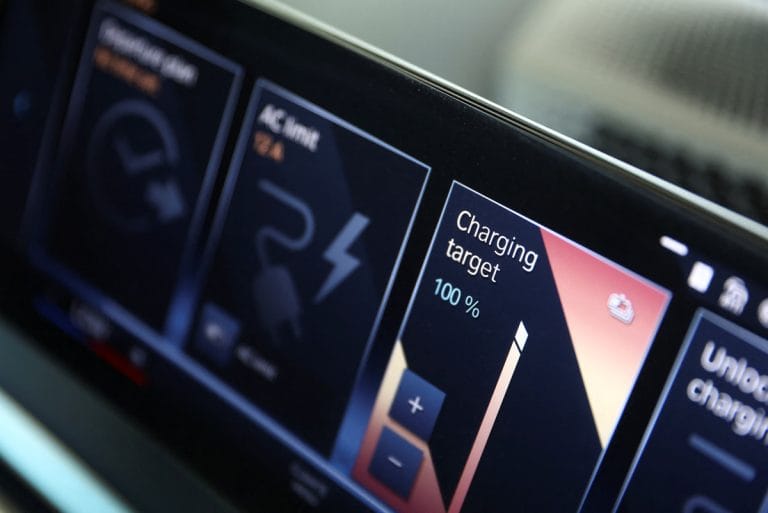🎧 Listen to This Article
South Africa’s trade regulatory authority has unveiled a proposal to impose a 15% import tariff on electric vehicle (EV) batteries, aiming to strengthen domestic manufacturing capacity and accelerate the growth of the country’s clean energy vehicle sector. The proposal, reported by Business Daily (BD), forms part of a broader industrial strategy to reduce reliance on imported components and encourage local production within the burgeoning EV market.
Policy Context and Rationale
The proposed tariff would apply specifically to lithium-ion batteries imported for use in new energy vehicles, including electric cars and hybrid models. By levying a 15% tax on these imports, South Africa intends to level the playing field for domestic manufacturers, which currently face stiff competition from cheaper foreign products. This measure aligns with the government’s commitment to fostering industrialization, job creation, and sustainable economic development within the green technology sector.
South Africa reflects a global trend among emerging economies to protect nascent clean energy industries while balancing environmental goals. According to industry experts, the policy could incentivize multinational companies to invest in local battery manufacturing plants, thus creating a more integrated supply chain and reducing carbon emissions linked to long-distance transportation of components.
Economic and Industry Implications
While the import tariff aims to boost local capacity, it may also lead to increased prices for EV batteries and, consequently, higher costs for electric vehicles sold in the South African market in the short term. Consumers and automakers may face cost pressures as the market adjusts to the new tariff regime. However, government officials emphasize that these initial costs are a tradeoff for longer-term industrial resilience and job growth.
The policy also dovetails with South Africa’s broader environmental and energy policies, including its commitments under the Paris Agreement to reduce greenhouse gas emissions and promote clean energy technologies.
Comparative Analysis: Regional and Global Perspectives
South Africa’s initiative is notable in Africa, where EV infrastructure and local manufacturing remain underdeveloped. By contrast, countries like China and members of the European Union have already implemented policies supporting domestic battery production and recycling.
The 15% import tax could position South Africa as a regional leader in clean energy manufacturing, attracting foreign direct investment and potentially inspiring neighboring countries to adopt similar protective measures.
Next Steps and Industry Reactions
The proposal is currently under public consultation, with stakeholders including automotive manufacturers, battery producers, and trade experts invited to provide feedback. Industry associations have expressed cautious optimism, recognizing the potential benefits of developing local industry but urging careful calibration of the tariff’s impact on affordability and market competitiveness.
South Africa’s trade authority expects to finalize the policy by the end of the third quarter of 2025, with implementation slated for early 2026.
For further details, clarification, contributions, or any concerns regarding this article, please contact us at editorial@tax.news. We value your feedback and are committed to providing accurate and timely information. Please note that our privacy policy will handle all inquiries.



